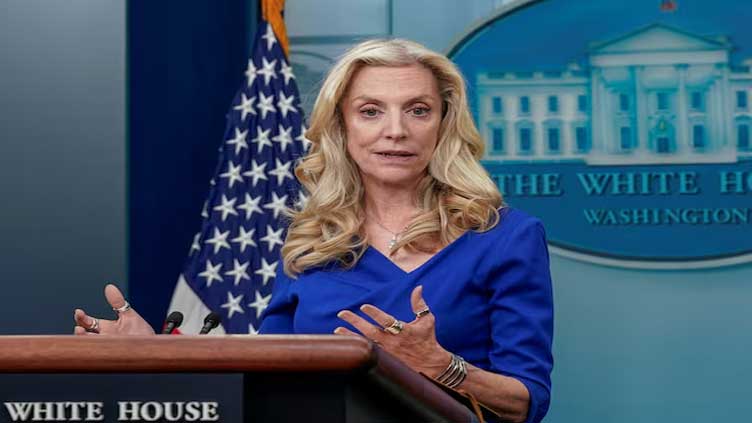White House to detail plan to safeguard US auto sector, avoid second 'China shock'

Business
White House to detail plan to safeguard US auto sector, avoid second 'China shock'
WASHINGTON (Reuters) - Top White House economic adviser Lael Brainard will lay out on Monday the Biden administration's broad approach to safeguarding the US auto sector from what it considers China's unfair trade actions.
"China is flooding global markets with a wave of auto exports at a time when they are experiencing overcapacity. We have seen this playbook before in the China shock of the early 2000s that harmed our manufacturing communities," Brainard will say at the Detroit Economic Club, according to prepared remarks seen by Reuters.
"The administration is determined to avoid a second China shock, which means putting safeguards in place before a flood of underpriced Chinese autos undercuts the ability of the US auto sector to compete on the global stage."
She cited one analysis that the Detroit metro area lost more than 55,000 manufacturing jobs due to import competition from China since 2001.
Relatively few Chinese-made cars and trucks are imported into the United States.
The US Commerce Department on Monday proposed prohibiting key Chinese software and hardware in connected vehicles on American roads due to national security concerns, a move that would effectively bar nearly all Chinese cars from entering the US market.
"Americans should drive whatever car they choose – gas-powered, hybrid, or electric," Brainard will say. "But, if they choose to drive an EV, we want it to be made in America, not in China."
Brainard's appearance comes as the fate of the auto industry and pressure from China has become a major theme in the 2024 presidential election with the Republican candidate Donald Trump suggesting China could dominate future auto production.
Earlier this month, the Biden administration locked in steep tariff hikes on Chinese imports, including a 100% duty on electric vehicles, to boost protections for strategic industries from China's state-driven industrial practices.
"For companies to invest in innovative new designs and models here in America, they need to be assured that their investments won’t be undercut by unfairly underpriced cars from China," Brainard will say.
The White House aims to ensure that Chinese automakers cannot set up factories in Mexico to get around high tariffs.
"China’s overcapacity in EVs will be a major area of focus as we look to the US-Mexico-Canada trade agreement mid-term review in 2026," Brainard will say.


